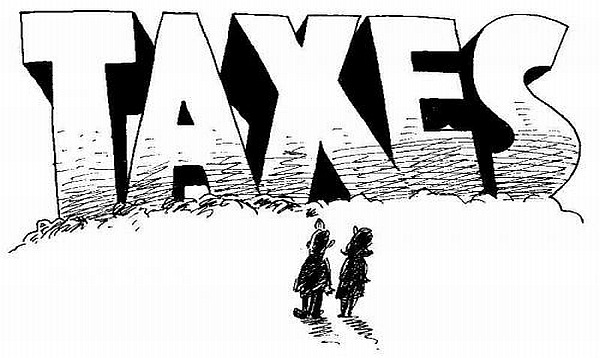Monterrey, Mexico - A business chamber based in the northern Mexican industrial hub of Monterrey said last week that it has presented 29 injunctions against the new tax reform, highlighting the hurdles faced by the Mexican government as it seeks to improve the country's weak tax revenues.
In October, Mexico's Congress passed a fiscal overhaul pushed by President Enrique Pena Nieto that included higher income tax rates for the wealthy as well as new levies on junk food, soft drinks, and stock market gains.
The reform aims to wean Mexico's government off the money generated by state-controlled energy company Pemex and also seeks to raise tax revenue by almost 2.7 percent of gross domestic product by 2018.
The tax overhaul was one of the main strands of a larger package of reforms that Pena Nieto's government has squeezed through a divided Congress. The reform drive includes opening up Pemex to foreign investment and taking market shares away from telecoms billionaire Carlos Slim.
But unlike the energy reform, which was greeted warmly by Mexico's business sector, the tax reform was widely criticized for not including a sales tax on food and medicine. Critics also said it forced higher taxes on those already paying, instead of going after the millions outside the tax system.
In a statement, Monterrey's Caintra business lobby said it was filing the injunctions on behalf of 40 companies based in the northern state of Nuevo Leon, a key manufacturing hub home to some of Mexico's richest families.
Caintra said it believed the reform violated companies' rights by limiting deductions of worker's benefits. It said Mexico's top court had previously supported its arguments.
If Caintra wins the injunction, it could pose a headache for the government, according to Jorge Jimenez, a Mexico City-based lawyer at Lopez Velarde, Heftye, and Soria. Other business groups and vested interests could follow suit, perhaps even taking their cases to the country's top court.
The injunction is a legal tool used regularly by companies to stall, often indefinitely, unfavorable legislation or court rulings. Carlos Slim, for example, who controls telco America Movil, has for years used injunctions to derail efforts aimed at making the telecoms sector more competitive.
Last week, the chief executive officer of rail freight company Ferromex, which is owned by miner Grupo Mexico, threatened to use the injunction, or "amparo" as it is known locally, to fight efforts to open up the rail industry.
Last March, Mexico approved a bill to eliminate the ability of companies that operate public utilities to use amparos to block regulator decisions during the court appeals process, a move that would affect, among others, telecoms and mining companies.
At the time, Gerardo Gutierrez Candiani, head of Mexico's Business Coordination Council, said the law would leave companies "defenseless" against authorities.
Mexico has the lowest tax revenue in the 34-nation Organization for Economic Co-operation and Development (OECD,) restricting its ability to spend on health, infrastructure, and social programs needed to boost living standards and growth.
Original Story


